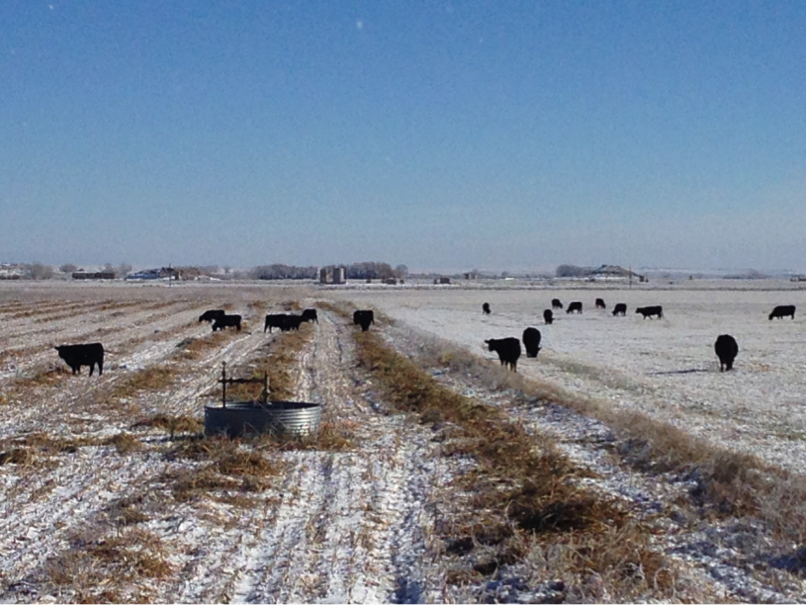This is the first installment in a special series looking at the personal side of organizers in the field
In November, 2013, Earthworks staff had a chance to visit one of the most well known cases of water contamination from fracking – Pavillion, WY. In 2011, the EPA issued a preliminary report, directly tying fracking to groundwater contamination in the area. In its report, the agency found that chemicals used in hydraulic fracturing most likely reached groundwater through subsurface pathways. It went on to state: “Groundwater contamination with constituents such as those found at Pavillion is typically infeasible or too expensive to remediate or restore.”
In partnership with the USGS, and the State of Wyoming, the EPA conducted further sampling in 2012, which corroborated earlier results. Bruce Baizel, Energy Program Director with Earthworks said at the time: “All across the country, whether it’s Wyoming, or Texas or Pennsylvania, it appears the EPA is being politically pressured to back off sound science that shows fracking-enabled oil and gas development is a risk to public health.” In 2013, the EPA suddenly stopped further studies, without explanation. In June, 2013, the State of Wyoming took over the investigation, which would be funded by Encana, the main operator in the area.
In some houses in Pavillion, residents have been forced to install reverse osmosis systems to clean up water from their wells due to severe groundwater contamination. This water can only be used for cleaning and washing. Water for drinking has to be trucked in. Filters used in the RO systems have to be changed often, and are completely discolored after being used. They also have a heavy chemical and gas odor. A simple whiff is enough to cause lightheadedness and nausea.
The EPA has backed off several investigations related to fracking all across the country over the past year, succumbing to political pressure. President Obama sees natural gas as a bridge fuel, one that will help us deal with the effects of climate change. Unfortunately, the President is wrong. A recent study published by Robert Howarth, Renee Santoro and Anthony Ingraffea of Physicians, Scientist and Engineers for Healthy Energy (PSE), shows that burning natural gas may be worse, in terms of overall GHG footprint over a longer time scale, that burning coal and oil for electricity and heat. A massive expansion of fracking, such as is happening now through the U.S., may actually undo any gains that have been made to combat climate change.

Photo: A well in the middle of a cow pasture in Pavillion, WY.
150 miles to the north, in Clark County, development by Windsor Energy nears homes has caused severe groundwater contamination. In 2008, a well blowout in one of these facilities leaked contaminated materials into surface and groundwater, putting dozens of homes, and hundreds of people of who live in the area at risk. After the blowout, residents were not told to evacuate until several hours after, and many were not allowed to return for several days. The area is currently under remediation by natural attenuation, meaning that the groundwater contamination is being allowed to naturally migrate downstream, putting other communities at risk. It is uncertain how long this process will take, but in the meantime, the communities in this area are being put at risk due to irresponsible oil and gas development. Several homes in Clark County have similar RO systems as those in Pavillion, and get drinking water trucked in.
The Pavillion and Clark County areas are absolutely beautiful. Surrounded by mountains, the people are friendly and welcoming. Yet the areas are dotted with oil and natural gas wells, and processing plants to pipe the gas for transport. In Pavillion, Encana signs are everywhere, even on STOP signs. Travel no more than a few hundred feet, and a new natural gas well peeks through the foliage. Should we sacrifice communities, their health, and the environment to satisfy our energy needs? Of course not. Because of politics, the people of Wyoming are suffering from contaminated water, and continuing health issues. Yet strong, determined communities are standing up, and saying enough is enough. They are speaking up, fighting for their rights, and the rights of the environment.


